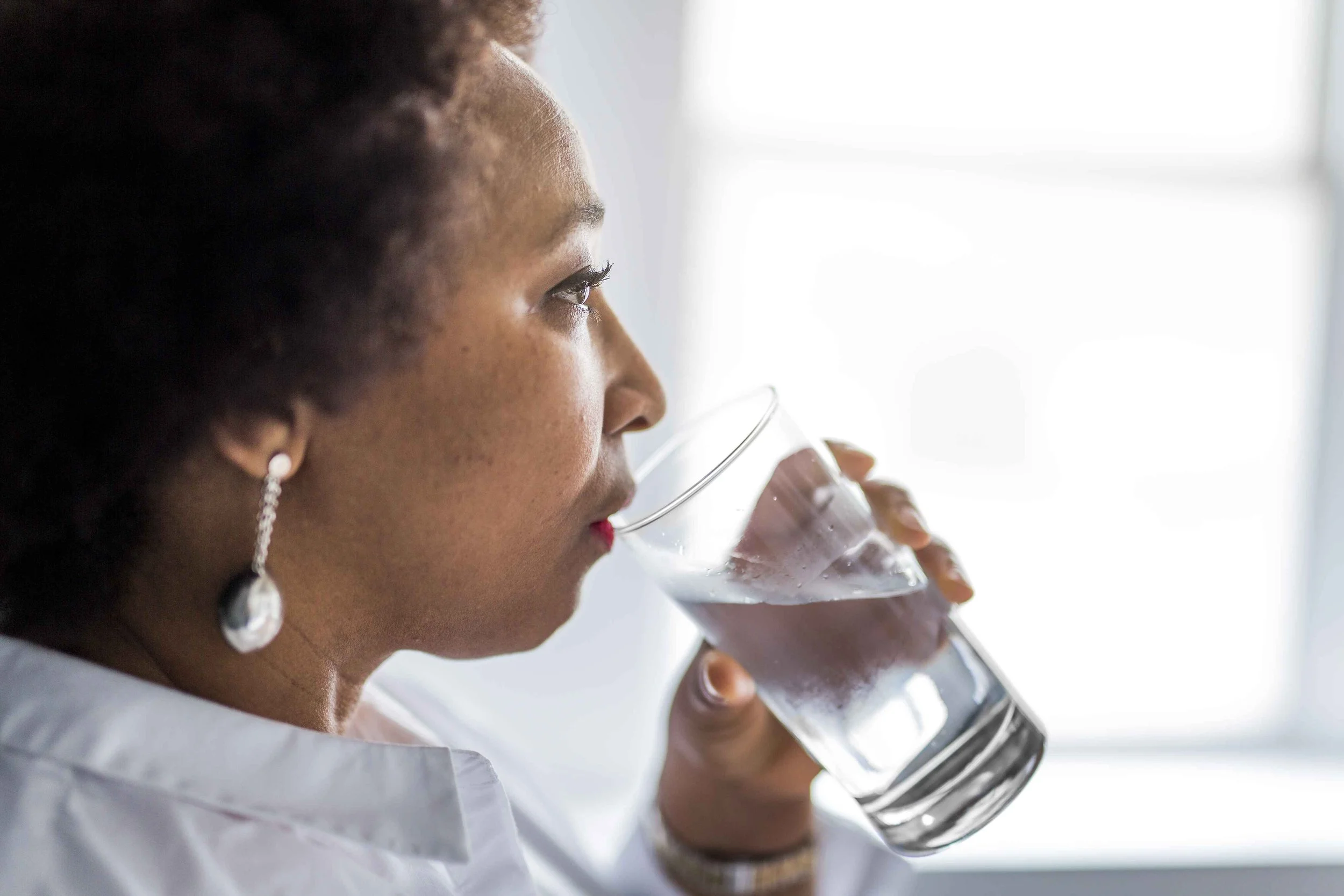How to Get Electrolytes and Why They’re Important for Those 50+
How to Get Electrolytes and Why They Matter
You lose more than just water after breaking a sweat on a hot day or after exercising! While replenishing water is important to staying hydrated, it’s also just as important to make sure you’re keeping your electrolyte levels up. As we age, total water volume decreases in the body. Dehydration and electrolyte imbalance over the age of 50 can lead to the heart not being able to expand and contract as well, unstable blood pressure, and other cardiovascular and nervous system problems. Staying hydrated by drinking water and replenishing electrolytes helps your body stay in a state of homeostasis, or a stable equilibrium that allows your body to perform its best. Use this article as a simple guide on how to get electrolytes!
What Are Electrolytes?
Electrolytes are types of minerals in your body that have electrical charges in the body when dissolved in water. They are either positively or negatively charged and come from the food and drinks we consume. Types of electrolytes include the minerals:
Sodium Chloride (better known as salt)
Magnesium
Potassium
Phosphate
Since the human body is composed mostly of water, these electrolytes are very prevalent in the body and important to health.
Why Do You Need Electrolytes?
Electrolytes help with many chemical reactions that happen in the body that are important to nerve function, muscle function, the heart, and the brain. Electrical charges conducted from electrolytes help with:
Moving your muscles
Moving nutrients and waste into and out of cells
Maintaining the balance of water and the acid base balance (or pH) in your body
Contracting blood vessels and aiding in controlling blood pressure levels
Supporting healthy bones
The human body can’t function properly when there are electrolyte imbalances. Whether they are too high or too low, symptoms from electrolyte imbalances can vary depending on which mineral is out of whack and the severity. An electrolyte imbalance can cause numbness, tingling, irregular heart beats, confusion, GI problems, headaches, muscle cramps, and fatigue.
When Do Electrolytes Get Depleted?
Dehydration from excessive sweating, an intense workout, vomiting, or diarrhea could all lead to an electrolyte imbalance. Electrolyte imbalances can also sometimes be a result of a larger health issue, such as kidney disease. Running electrolyte panels can help healthcare providers identify health issues, which is why your provider may check your electrolyte levels during your appointment.
How to Get Electrolytes
Not sure how to get electrolytes? Here are some ideas for what to eat and drink if you’re looking to replenish your electrolytes.
Foods for Electrolyte Balance
Bananas
Citrus fruits
Coconut
Nuts and seeds
Yogurt
Avocado
Potatoes
Electrolyte Drinks
While electrolyte drinks, such as sports drinks, are extremely popular and marketed as a health food, be sure to look at the ingredients. Many contain high levels of added sugar! If you’re looking for how to get electrolytes on a hot day, try opting for unsweetened coconut water. Or, you could make your own refreshing electrolyte drink.
Homemade Replenishing Electrolyte Drink
Ingredients
⅛ teaspoon of salt
Juice from ½ lemon
Juice from ½ lime
1 tsp honey
Coconut water (Look for one with no added sugar.)
Instructions
Juice your lemon and lime and add to a cup. Stir in the salt and honey. Top with coconut water and add plenty of ice if you’re trying to cool down! You can also cut up the other half of the lemon and lime and add the slices to your glass for a nutritious garnish.
Thrive with Mighty Health
Mighty Health is your home for healthy living! Download the app today to match with your very own health coach. Together, you’ll create personalized exercise and nutrition plans to help you hit all of your health goals! Access tons of delicious recipes, fun workouts, engaging lessons, guided meditations, and more right from your very own home!



